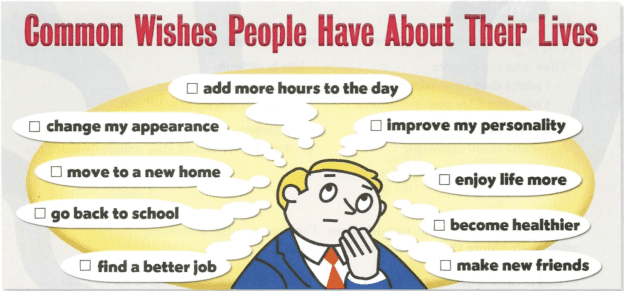B2 – Upper Intermediate
Certain states in the US that allow lethal injections are having a challenging time sourcing their substances for their execution.
Read the article below to know the reason behind Pfizer’s decision to stop selling specific narcotics used in lethal injections.
The American pharmaceutical conmpany Pfizer has said it will no longer sell drugs that can be used for lethal injections to the Amercian government. A total of 7 substances on the list are mostly used for operations and certain illnesses but are also in liquids used for executions. According to a Pfizer representative, the company’s aim is to save lives and not help kill people.
Pfizer says it will closely monitor buyers who try to resell the drugs to state institutions, which may use them for executions.
After Pfizer’s decision , there are no more companies in the USA and Europe that sell lethal injection drugs to the Amercian government . The European Union has banned the export of such drugs to the US.
As a result, state authorities are trying to find new drugs and combinations of substances that can be used for executions. Normally, three mixtures of drugs are used to execute a prisoner. The first one makes you unconscious , the second liquid paralyses the muscles and the third stops the heart from beating.
In the past few years, the number of executions has decreased, in part due to the availability of lethal drugs. Last year only 28 executions were carried out in the US. Among the 32 states that allow capital punishment, all of them use lethal injections as the main method of execution but some allow the electric chair,hanging, the firing squad and the gas chamber as alternatives.
Human rights organizations and other groups opposed to capital punishment have welcomed Pfizer’s decision as a bold move to ban the death penalty in the United States.
Discussion Questions:
- What do you think of Pfizer’s decision?
- Why did several drug companies refuse to sell these drugs to the US government?
- In your own opinion, is lethal injection humane? Explain your opinion.
- Is there death penalty in your country? If none, should there be one?
